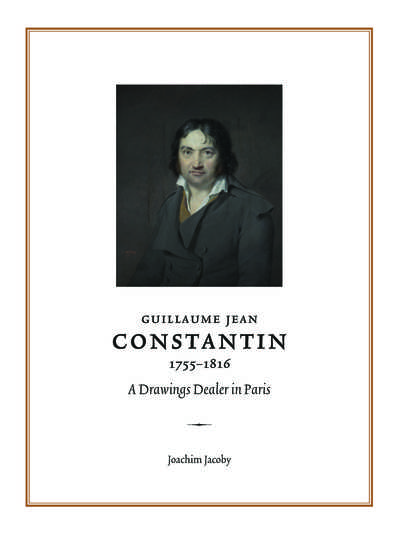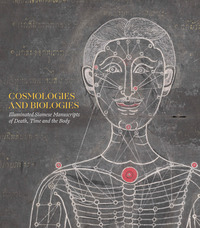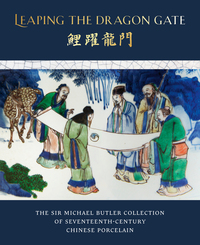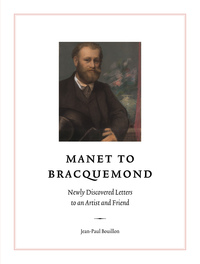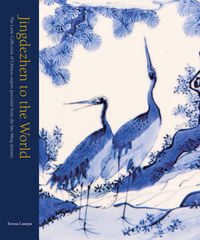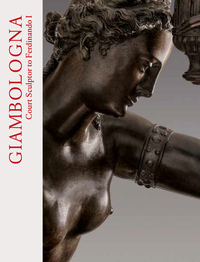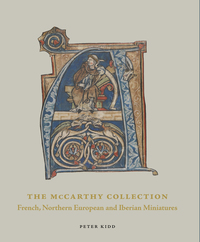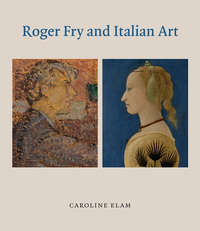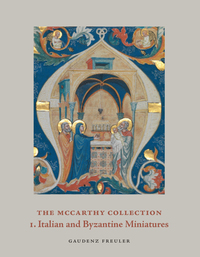Nous utilisons des cookies pour améliorer votre expérience. Pour nous conformer à la nouvelle directive sur la vie privée, nous devons demander votre consentement à l’utilisation de ces cookies. En savoir plus.
GUILLAUME JEAN CONSTANTIN (1755 1816) - A DRAWINGS DEALER IN PARIS
Holberton - EAN : 9781912168125
Édition papier
EAN : 9781912168125
Paru le : 8 févr. 2019
42,00 €
39,81 €
Disponible
Pour connaître votre prix et commander, identifiez-vous
Notre engagement qualité
-
 Livraison gratuite
Livraison gratuite
en France sans minimum
de commande -
 Manquants maintenus
Manquants maintenus
en commande
automatiquement -
 Un interlocuteur
Un interlocuteur
unique pour toutes
vos commandes -
 Toutes les licences
Toutes les licences
numériques du marché
au tarif éditeur -
 Assistance téléphonique
Assistance téléphonique
personalisée sur le
numérique -
 Service client
Service client
Du Lundi au vendredi
de 9h à 18h
- EAN13 : 9781912168125
- Collection : AD ILISSUM
- Editeur : Holberton
- Date Parution : 8 févr. 2019
- Disponibilite : Disponible
- Barème de remise : NS
- Nombre de pages : 188
- Format : 1.60 x 18.80 x 24.50 cm
- Poids : 715gr
- Interdit de retour : Retour interdit
- Résumé : This extraordinary and original study traces the career of the influential Paris art dealer Guillaume Jean Constantin (1755-1816). Using Constantin’s dealer’s mark and a wealth of unpublished archival material, Joachim Jacoby reconstructs Constantin’s hitherto unknown business activities and rediscovers an early and important instance of a bourgeois art dealer. In the course of the 18th century, drawings by old and contemporary masters became an esteemed collectors’ item and, in consequence, a highly valued commodity of the art market. This study looks at this business from the perspective of the art dealer Guillaume Jean Constantin (1755-1816), who was active in Paris during the last quarter of the 18th and the first years of the 19th century. Constantin’s transactions are reconstructed on the evidence of his dealer’s mark applied to drawings – here identified for the first time – and unpublished material drawn from archives in Paris. His dealership in drawings is analysed with a focus on his business network within France and his far-reaching contacts, which also covered other regions of Europe, including England, Italy, Germany and Russia. Due to a particlularly rich documentation, his relationship with Johann Friedrich Städel, a Frankfurt collector and founder of the eponymous institute, can be described in detail. Other aspects of Constantin’s multi-faceted activities were his work as an expert in estate evaluation, as an auctioneer and as a print publisher, including in 1794 the publication of the famous portrait of the revolutionary hero Jean-Paul Marat after a design by Jacques-Louis David. He also served as paintings curator to Empress Joséphine, Napoleon’s wife. Working in proximity to the contemporary art world, he promoted living artists, among them his close friend Pierre-Paul Prud’hon. Constantin’s working life spanned the period between the French Revolution and the Empire, established under Napoleon. His changing allegiances are to be seen against this historical background. This handsomely produced book is published by Ad Ilissvm in a new series, The Fondation Custodia Studies in the History of Art, which reflects and continues forward into the present the scholarly interests of the institution’s founder, Frits Lugt. The next book in the series, prepared by Jean-Paul Bouillon, will publish a previously unknown collection of letters, recently acquired by the Fondation Custodia, by Édouard Manet to his friend the painter and printmaker Félix Bracquemond.

